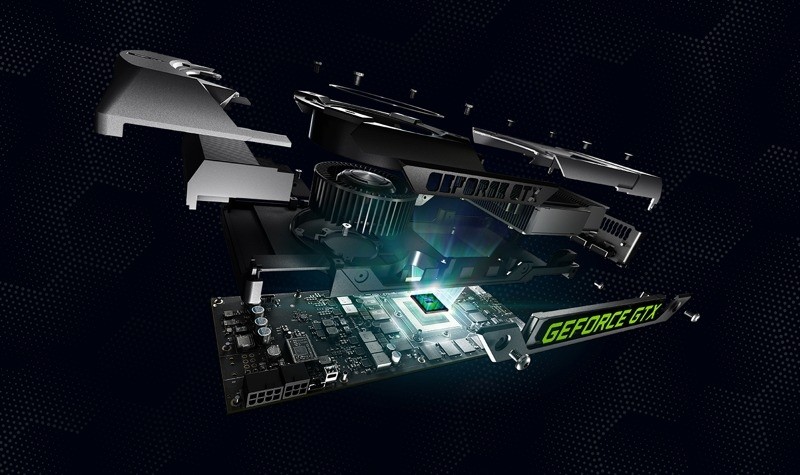Back when we first reviewed Nvidia's Fermi flagship in March 2010, only three of the dozen games we benchmarked offered DX11 graphics. Later that year in November we got our first look at the company's GTX 580, but even then DX11 was supported by less than half of the 13 titles we tested.
It wasn't until 2011 that we started seeing games which clearly looked better with DX11 over DX10. When new GPUs arrive, we compare them to their predecessor but rarely go back more than one generation as there often isn't a point. However, considering how far DX11 support and driver optimizations have come, we'd like a better look at past and present performance.
The list of cards we'll be testing includes three key Nvidia architectures: Fermi (GTX 480 and GTX 580), Kepler (GTX 680 and GTX 780), and the company's most recent GPU architecture, Maxwell (GTX 980).
